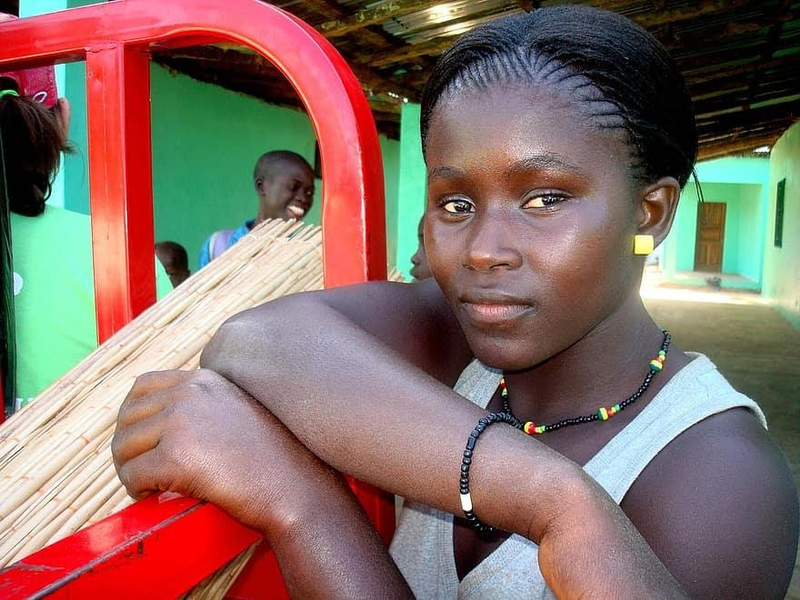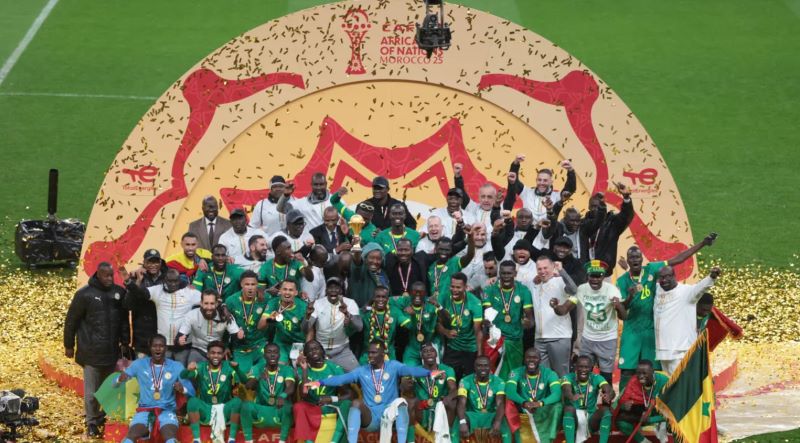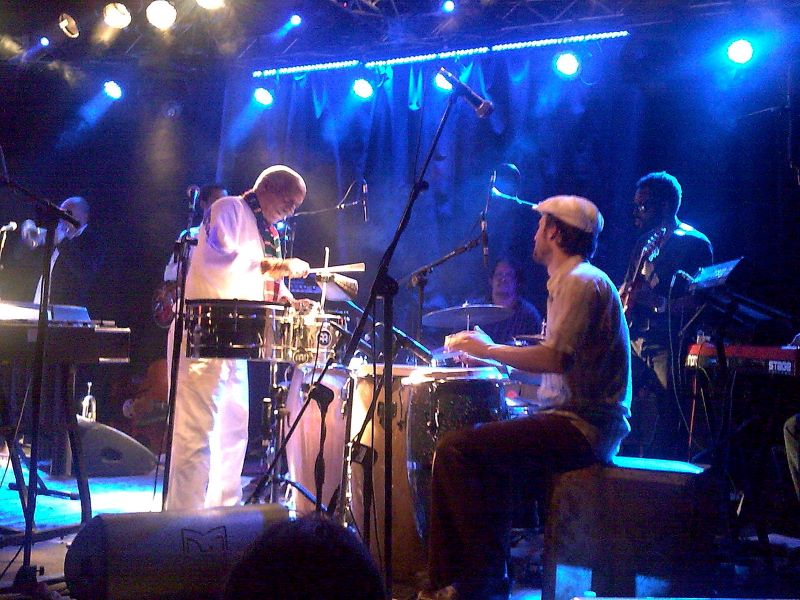
Happy Independence Day, Guinea-Bissau. Today, on September 24th in 1974, this West African country gained independence from the Portuguese. We are sharing 10 interesting facts about the country in honor of this landmark day.

(Bolama, Guinea-Bissau)
1. The country’s official language is Portuguese, and Crioulo, a creole language developed during the slave trade, is widely spoken. Mande classified languages dominate the region.

(Young men carry grass stalks in Guinea-Bissau)
2. The Guinea-Bissau War of Independence was an armed conflict involving the African Party for the Independence of Guinea and Cape Verde (PAIGC) and their former colonizers, the Portuguese. This war lasted five years, and resulted in the country’s independence.

(A woman in Guinea-Bissau)
3. Amílcar Cabral, a famous freedom fighter, was born in Guinea-Bissau to Cape Verdean parents. He was known for his neocolonial ideologies and work, and for leading the nation to independence. He created PAIGC in 1956 to gain independence from Portuguese colonialism and unite Guinea-Bissau and Cape Verde

(Depiction of Amílcar Cabral)
4. Guinea-Bissau’s capital is Bissau.

(Bissau, Guinea-Bissau)
5. Umaro Sissoco Embalo, the current President, was elected in 2019.

(President Umaro Sissoco Embalo)
6. Since 1989, there have been nine coup d’etats in Guinea-Bissau.

(A soldier in Guinea-Bissau)
7. The country is among the world’s leading producers of cashew nuts.

(Cashew nuts)
8. Guinea-Bissau has a young population. In 2017, Britannica reported that 3/5 of the population were under 30, and 2/5 of the population were under 25.

(A young woman in Guinea-Bissau)
9. Popular Guinea-Bissau dishes include Yassa chicken, Egusi soup, Jollof rice, fish stew, fried cassava and grilled prawns.

(Egusi soup)
10. The tribes of Guinea-Bissau include the Balante, Diola, Nalu, Fulani, Bidjagó, Landuma, Malinke and more. A small percentage of the population is made of Cape Verdeans who have African, Lebanese, European and Jewish ancestry.

(Houses in rural Guinea-Bissau)
Thanks for reading! What interesting facts do you know about Guinea-Bissau? Comment below!





